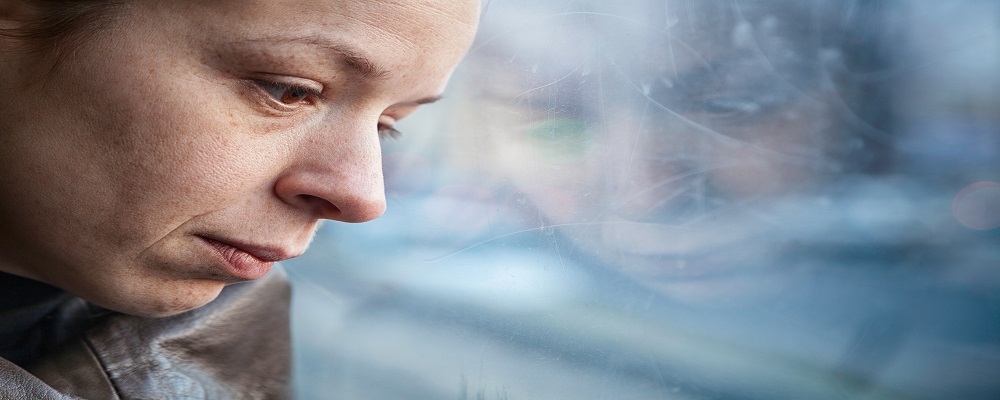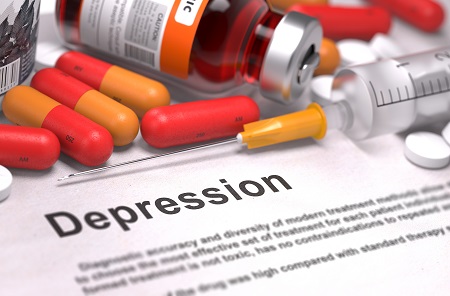Depression as a Symptom of Addiction
While most addicts consume illicit substances to acquire feelings of euphoria, it is not uncommon to find them depressed as a result of their habit. Depression is a common symptom of addiction, with addicts taking drugs to fight the condition and in turn becoming depressed due to their need to take drugs.
Depression is a serious medical illness, whereby a person has feelings of sadness, hopelessness and a lack of self-worth. Those who suffer from depression often feel isolated, experience suicidal thoughts, have trouble finding motivation to participate in society, and display other symptoms of extreme sadness.

How Drug Addiction Causes Depression in the Brain
A person’s mood is controlled by neurotransmitters in the brain; these are primarily Serotonin and Dopamine. The latter is the neurotransmitter responsible for motivating and rewarding the body, while the former regulates mood. The consumption of drugs destabilises the regular pattern of production and absorption of these neurotransmitters.
For example, the consumption of alcohol has been found to lower Serotonin levels. Sometimes, this leads a person into a sad or depressed state, whilst intoxicated. Consistent alcohol abuse subsequently causes a disorder in the brain’s ability to regulate and produce Serotonin.
In other cases, consuming drugs causes a release of high quantities of neurotransmitters in the brain. This creates artificial and inflated feelings of joy and happiness. The constant abuse of drugs causes the brain to adapt to this flood of neurotransmitters. In time, the brain will develop tolerance to the drugs and require higher amounts to reach the same ‘high’. Experiencing sobriety will then trigger depression in addicts, due to the disparity in how they felt whilst taking drugs and how they feel without them.

Another way drugs lead to depression is via withdrawal. The symptoms of withdrawal are often arduous and painful. They include vomiting, seizures, chills, trembling, irritability, sensitivity to light and sound, and even death in some cases. There are reports of suicides during this period and it is not uncommon for addicts to relapse, simply to reverse the symptoms of withdrawal.
Call our admissions line 24 hours a day to get help.
Recognising Depression
Depression has a long history with drug addiction. They often go hand in hand, with addicts becoming depressed as their addiction progresses or when depressed people turn to substance abuse for a solution. They each have similar symptoms, such as:
- A loss of interest
- Irritability
- Mood swings
- Isolation
- Suicidal thoughts
- Sloppy dressing
- Disinterest in hygiene
- Drastic weight gain or loss
There are more symptoms of depression and addiction, but in general, it’s best to simply pay attention to sudden changes in a person’s character or physical appearance for signs of either.
For sufferers of depression or addiction, it is often necessary to treat them together, as it is sometimes difficult to tell if an addict is suffering symptoms of their addiction or those relating to depression. With this difficulty in mind, it’s advisable to seek the help of a medical professional for proper analysis, once either is suspected.
Call our admissions line 24 hours a day to get help.

